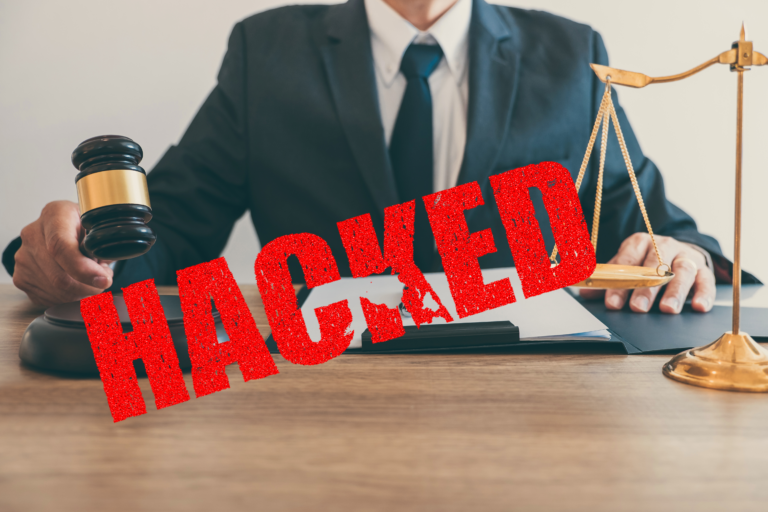
Email scams are becoming more and more common as people become increasingly reliant on email for communication. Scammers are using email to target potential victims by sending them fake emails that appear to be from legitimate businesses or organizations. These emails often contain attachments or links that can infect your computer with malware or lead you to a phishing website. If you receive an email that looks suspicious, do not open any attachments or click on any links. If you are not sure if the email is legitimate, you can contact the company or organization that supposedly sent the email to confirm. You can also report the email to the Federal Trade Commission.
Be aware of these common types of email scams:
Phishing emails: These emails try to trick you into giving up personal information, such as your bank account number, Social Security number, or login credentials. The email may look like they’re directly from a company you know or trust, but they’re not.
Malware emails: These emails try to infect your computer with malware. They may contain attachments or links that download malicious software onto your computer.
Advance fee fraud emails: These emails try to trick you into sending money to someone you don’t know. They may promise a prize or a lottery win, or say you need to pay a fee to collect an inheritance.
Work-from-home scams: These emails promise a high-paying job if you work from home. They may ask you to provide personal information or money upfront for training or supplies.
Debt relief scams: These emails offer to help you pay off your debts for a fee. They may say they can get you a lower interest rate or consolidate your debts. If you receive an email scam, do not reply to the email or click on any links. Delete the email and do not open any attachments.
If you think you may have been scammed, it may be best to contact your local law enforcement agency.





